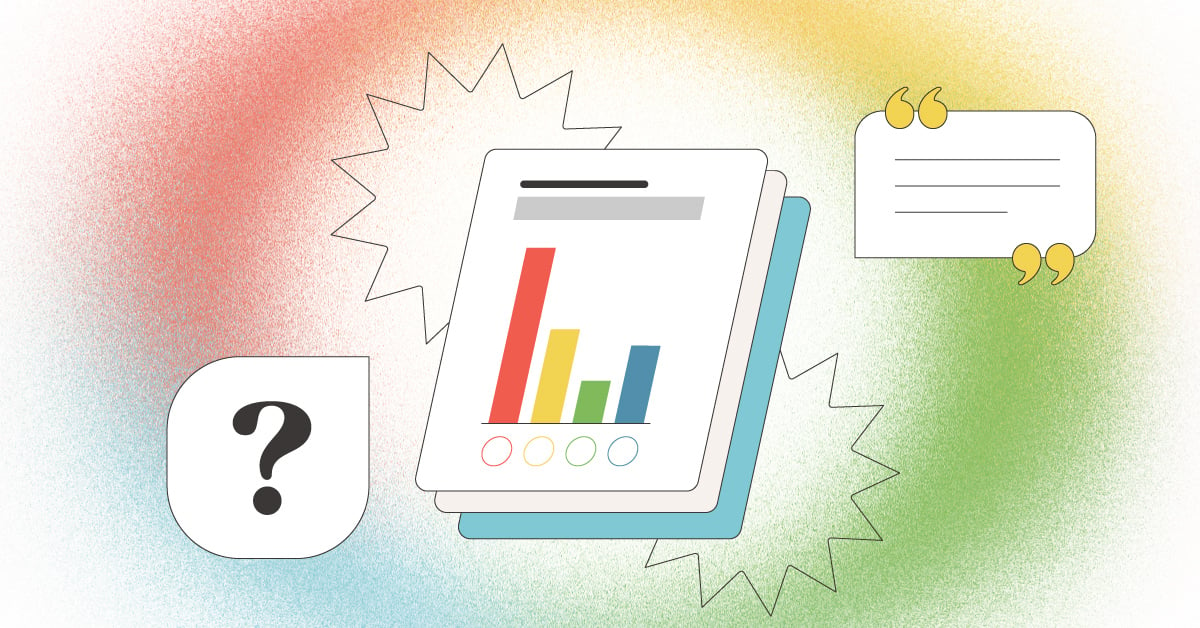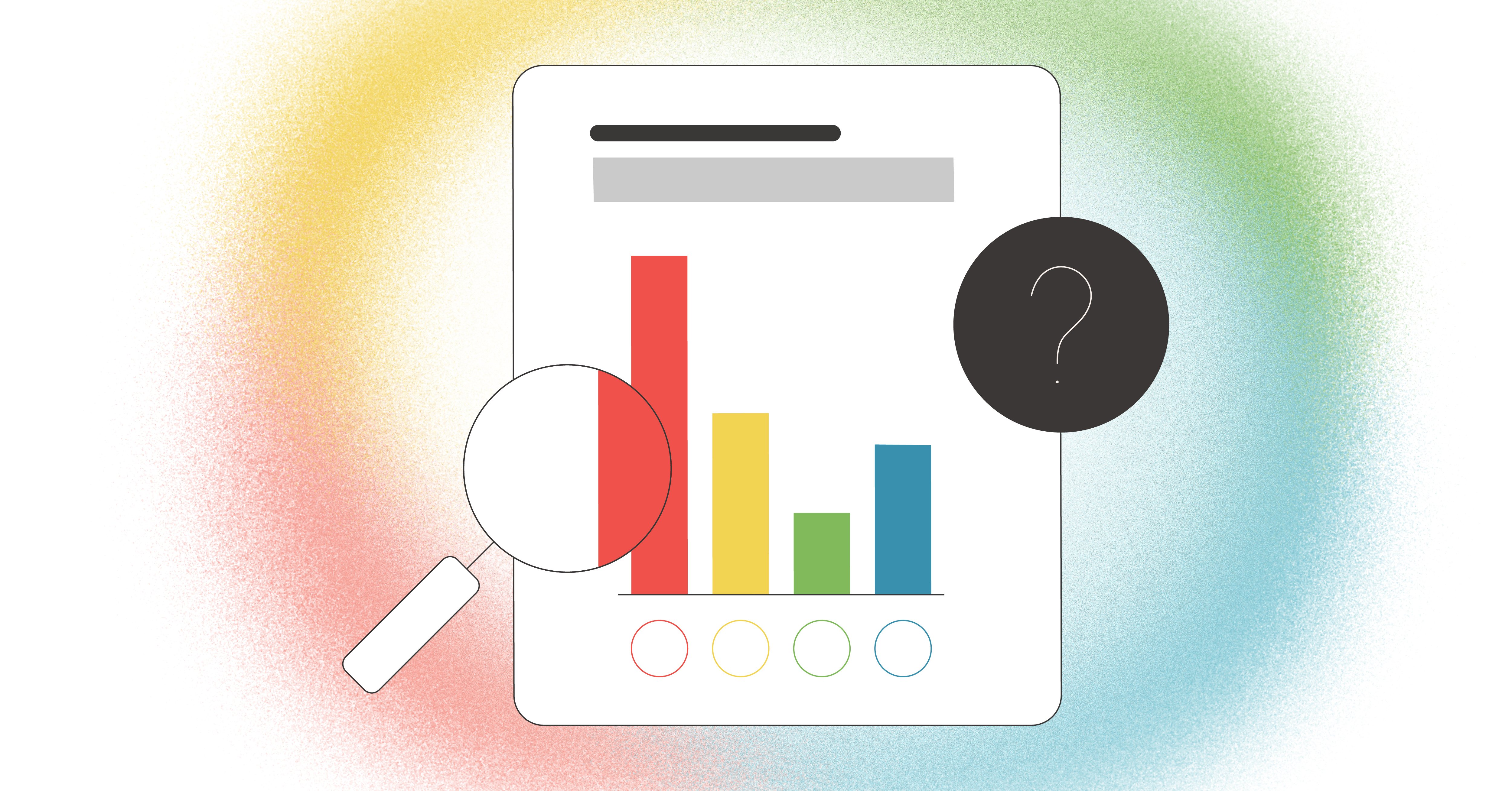
Whether you’re an organization looking for excellent job candidates or you’re an individual who wants to develop your career and job skills, you need the same thing: a skill assessment process for the workplace.
Many people have taken skills assessments as part of an interview process, but they don’t understand exactly what those assessments are or how they work.
If you’re wondering, “What are my skills and abilities?”, “What is an online skills test?” or “What information do assessments give employers?”, we have the answers you need, as well as the benefits that skills assessments bring regarding employee engagement, communication, and more.
What Types of Skills Assessments Are There?
There are many skills assessments on the market, but they are not all created equal. Look for an assessment provider that shows the data and research behind its processes and assessment creation to find an accurate, effective solution.
TTI Success Insights offers five core sciences for skill assessments, which are then combined into other assessment packages.
Those Skill Assessments Are:
- DISC (Behaviors), which measures behavior or ‘how you do what you do’.
- 12 Driving Forces (Motivators), which measure motivation.
- EQ (Emotional Quotient), which measures five factors of emotional intelligence.
- DNA (Competencies), which measures 25 research-based skills required by any job.
- ACI (Acumen), which measures both how people interact with the world and, on a more personal level, how they view their value in the world.
TTI also combines these assessments in a multi-science approach to measure different aspects of a person’s personality. While one assessment is powerful, combining multiple assessments is a catalyst for unlocking deeper understanding, engagement, and development.
Essentially, assessments measure the skills and abilities that show how you do what you do, why you do what you do, emotional intelligence, and competencies in basic job-necessary skills.
How Are Skills Assessments Different From Personality Tests?
When asked to answer questions about yourself for a job position or personal development, you might assume that you’re taking a personality test.
There’s a reason quick quizzes and ‘pop science’ tests are so popular; people want to know more about themselves and enjoy the shorthand associations that come with fast answers. However, behavioral and skills assessments go far beyond that.
First of all, assessments aren’t tests, since they aren’t ‘pass/fail’! An assessment like DISC is just a way for others to understand your observable behavior with a shared language. Since there’s no right or wrong way to behave as measured by the four categories of DISC, you certainly can’t fail a DISC assessment.
This applies to all TTI assessments, even more complicated assessments. DNA, for example, measures the development of 25 personal skills (or soft skills) required in any job.
The assessment doesn’t pass or fail people based on their answers; rather, it ranks their skills from ‘developed’ to ‘needs development’. This allows assessment takers to reflect on their skills and find a path forward towards developing the skills they need in their position.
Using Skills Assessments for Workplace Success
Skills assessments in the workplace are key for personal and professional development. They help employers understand their workers, reveal deep insights, and create a path for success for individuals, teams, and organizations.
If you want to learn more about using a multi-science assessment approach and the different types of skills assessments for workplace success, TTI can help! Get the information you need here.



